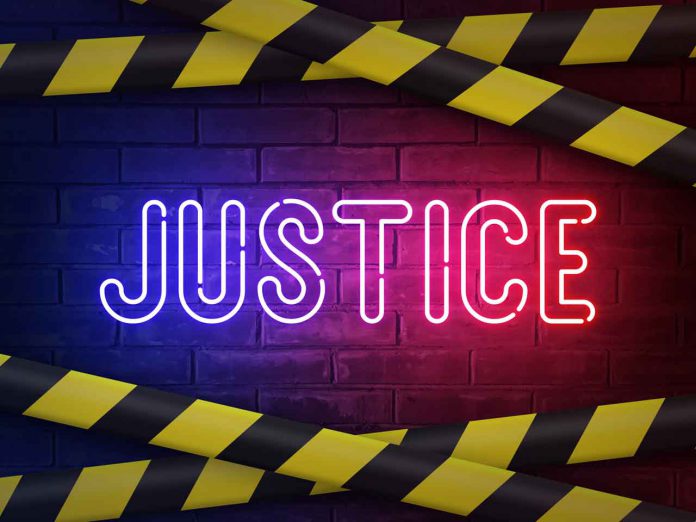The Six Nations Justice Department, an Indigenous-led organization dedicated to addressing systemic issues in the justice system, has received a significant funding boost from the federal government. The Honourable Arif Virani, Minister of Justice and Attorney General of Canada, announced over $560,000 in support of two key projects aimed at reducing the overrepresentation of Indigenous people in the criminal justice system and enhancing trauma-informed services.
Gladue Aftercare and Trauma-Informed Training Initiatives
The first project, the Gladue Aftercare Worker, is a groundbreaking initiative designed to assist Six Nations members who have undergone the Gladue report process. It focuses on ensuring that individuals successfully complete their report recommendations and adhere to their sentencing conditions by providing access to critical services such as healing circles, spiritual care, and mental health and addiction services. Additionally, it offers support to those who have endured past trauma.
The second project, known as the We Walk Together initiative, aims to provide comprehensive trauma-informed victim assistance training to staff and volunteers at the Six Nations Justice Department. This initiative is crucial in equipping team members with the necessary skills and knowledge to effectively support clients who have faced trauma.
Federal Funding Details
Justice Canada is allocating $487,500 over five years (2022-2027) for the Gladue Aftercare Worker project and an additional $76,435 over three years (2022-2025) for the We Walk Together project. These funds, drawn from the Indigenous Justice Program’s Community Based Justice Fund and Capacity-Building Fund, underscore the federal commitment to Indigenous-led justice services.
Community Impact and Leadership Perspectives
Tim Bucci, Director of the Six Nations Justice Department, welcomed the funding, highlighting its role in enhancing support for victims and individuals accused of crimes. He emphasized the department’s ongoing efforts to provide informed and accessible services to Indigenous people navigating the legal system.
“The Six Nations Justice Department welcomes this funding and sees it as an opportunity to continue providing support to victims and those accused of a crime in Brantford, Cayuga, Hamilton, and Six Nations Reserve,” states Tim Bucci, Director of Six Nations Justice Department. “We will continue working to provide services free of charge with the goal of helping Indigenous peoples navigate the legal system better informed.”
Minister Virani stressed the importance of investing in Indigenous-led justice services as a critical step toward advancing reconciliation in Canada. He noted that projects like Gladue aftercare and trauma-informed victim assistance are pivotal in addressing the systemic challenges within the justice system.
The Minister said, “Investing in Indigenous-led justice services is critical to advancing reconciliation in Canada. That is why our government is supporting the Six Nations Justice Department in its work to address and reduce the overrepresentation of Indigenous people in the justice system, both as victims and offenders. These projects, Gladue aftercare and training trauma-informed victim assistance, are helping bring systemic change to this unacceptable reality.”
Advancing Systemic Change
The funding and initiatives supported by the Six Nations Justice Department align with broader efforts to address systemic discrimination and the disproportionate representation of Indigenous people in the justice system. These efforts respond to the Truth and Reconciliation Commission’s Calls to Action, particularly those focusing on providing realistic alternatives to imprisonment and addressing the root causes of offending.
Quick Facts and Historical Context
Gladue reports detail the unique systemic factors leading to Indigenous individuals’ contact with the law and often include community-based alternatives to incarceration. The Indigenous Justice Program plays a vital role in supporting community-based justice programs and building partnerships with the mainstream justice system. Notably, Indigenous women have experienced rates of violent victimization significantly higher than their male counterparts and non-Indigenous women.
As Canada marks the 8th anniversary of the Truth and Reconciliation final report, the support for the Six Nations Justice Department’s projects represents a meaningful step in the journey toward reconciliation and justice equity for Indigenous peoples.







